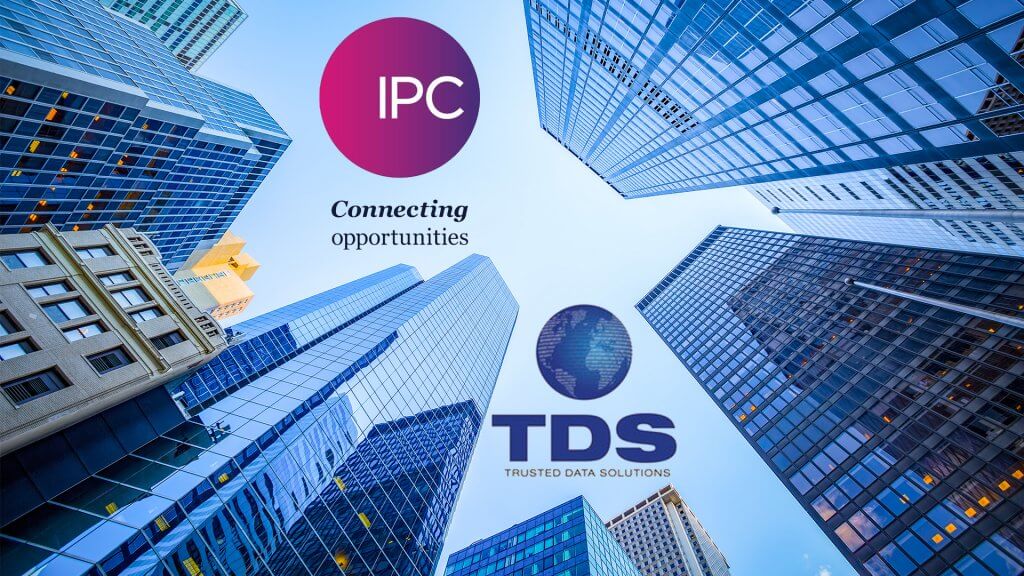B2B ecommerce keeps thriving: in the summer of 2022, Gartner asked B2B buyers how they prefer purchasing their goods. 83% said, “through digital commerce.” This is a great reason for businesses to spend most of their B2B technology investments (91%) to purchase ecommerce platforms. Let’s see what impacts the choice of a B2B platform in 2023, which software has gained popularity recently, and how to choose the best B2B ecommerce platform.
TOP-3 B2B ecommerce trends to consider
Choosing the B2B ecommerce platform that will cover all the market requirements is half of success. Everyone involved in the selling process, like sellers, vendors, customers, and their representatives, somehow interacts with the ecommerce platform. And as the B2B ecommerce market develops rapidly, software must keep pace with it and satisfy the needs of all these users. Here are the examples of B2B ecommerce trends that significantly affect the choice of a digital platform today:
Trend #1: Customer Focus
Hearing the customer’s voice and providing the best experience has never been more important. One of the main reasons why customers prefer changing their vendor is convenience. The trend thrives in marketing and sales but is exceptionally important for those purchasing core ecommerce platforms and building their own ones.
Open code is the first characteristic of a modern ecommerce platform able to provide any feature customers need. Open-source systems enable businesses to build their own features without reaching out to vendors for permission or requesting them to provide the required features from their side.
Another important thing is customization capabilities. Adaptable platforms cater to an intuitive user interface and personalized content. If the platform is rigid at its core and unable to support quick changes, it will be hard to supply everything the customer needs quickly enough.
And, finally, modular architecture. This means the ability to continuously enhance the system with new features and capabilities and provide deeply personalized content to each segment of customers.
Trend #2. Preferring marketplaces
Most of the newcomers in the B2B ecommerce market start with marketplaces. It’s easy and usually doesn’t require huge investments at the beginning of a journey.
Marketplaces are great because they provide everything necessary for a successful start: a huge audience, opportunity to scale, marketing support, and more. They are popular among buyers for their convenience and support.
However, marketplaces seem to be an excellent solution for beginners only. As the business grows, the commissions grow, too. The day comes when the business owner doesn’t want to pay for marketplace services anymore, starts choosing the solution for building their own platform, and wants to bring their repeat customers with them.
This is the moment to make an informed decision on which ecommerce platform to choose. Make sure the software of your choice can provide the same features the marketplace did and ensure the same convenience and support. In a perfect situation, when the business grows further, it will probably need its own marketplace. To avoid replatforming, it is better to ensure the platform is ready to provide marketplace-building capabilities at the very beginning.
Trend #3. Constant innovation
This trend is pretty close to the previous two. Modern customers crave innovation and convenience. Once the new selling trend appears, you must be able to support it. To do this efficiently, business has to carefully choose a powerful platform ready to continuously innovate.
Any innovation requires many resources. This means that when choosing your new B2B ecommerce platform, you must ensure that it has some important characteristics:
- It is scalable. This means the platform is cloud-native and ready to scale any moment you need it — from thousands to millions of orders and SKUs, if necessary.
- It is headless, which means sudden innovations will not break the whole system and will be first tried and tested in the back end before releasing them.
- It is ready to integrate with other software that can enhance the platform’s capabilities.
Ensuring it 100% fits
It is totally clear that the choice of a platform impacts all parts of your business: sales, customer experience, and scalability. This is why it is essential to choose the B2B ecommerce platform wisely:
- Analyze your own needs and requirements, including future needs and innovations. Innovations will help you to avoid disruption and run over your competitors.
- Ensure the platform provides all the needed features and capabilities now, allowing for the quick release of new features and capabilities.
- Talk to your future vendor, send them an RFQ, and request a DEMO to ensure everything works just like you think. The good option here is to engage with a third-party expert who will look into the options and ensure that the vendor really provides all these features.
The most chosen B2B ecommerce platforms – 2023
Many of the B2B ecommerce platforms presented in the market today are ready to provide the needed capabilities. Let’s look at the TOP ecommerce platforms purchased in 2023. We will not consider Alibaba and Amazon Business in this list as they are good examples of marketplaces.
- Virto Commerce
Virto Commerce is a technologically advanced .NET-based B2B ecommerce platform for enterprises. It features atomic-like modular architecture, API-first approach, and open code. All these capabilities enable Virto to provide many benefits to both beginners and those who came to their own marketplace building:
- Quick feature creation and innovation from cart pages to separate marketplaces.
- Specific modular capabilities for deep customer personalization.
- API layers for seamless integrations and updates.
2.Shopify
The number-one platform for startups that offers a huge choice of customizable features and B2B functionalities. The easy-to-use system fits even those who don’t know where to start. Shopify supports headless APIs with other apps from the Shopify ecosystem, which can be scaled to sell more. However, it is not robust enough to serve millions of SKUs for big companies and scale efficiently. And Shopify is not open source. However, the solution features good sides:
- It is user-friendly and mobile responsive, which is important for beginners.
- It offers great marketing support.
- It gets regular updates and features many learning materials.
3. Magento
Magento is an open-source solution. Highly adaptable and customizable, it provides a modular approach. While being a bit expensive, the platform supports many features and can be easily customized. The benefits it brings:
- Flexibility and customer personalization
- Clear structure and optimized UI
- Extensive feature set
Conclusion
Whatever platform you choose in the end, the most important thing is to select the one that will 100% fit your needs and business goals. This is why, before choosing, it is essential to analyze your company’s current state, needs, and plans for the future. Only after this, it makes sense to research more efficiently:
- Learn about different ecommerce platforms.
- Talk to their vendors.
- Compare capabilities.
- Engage with market experts who can approach the vendor and help you understand if the B2B ecommerce platform you’ve chosen is the best fit.





















